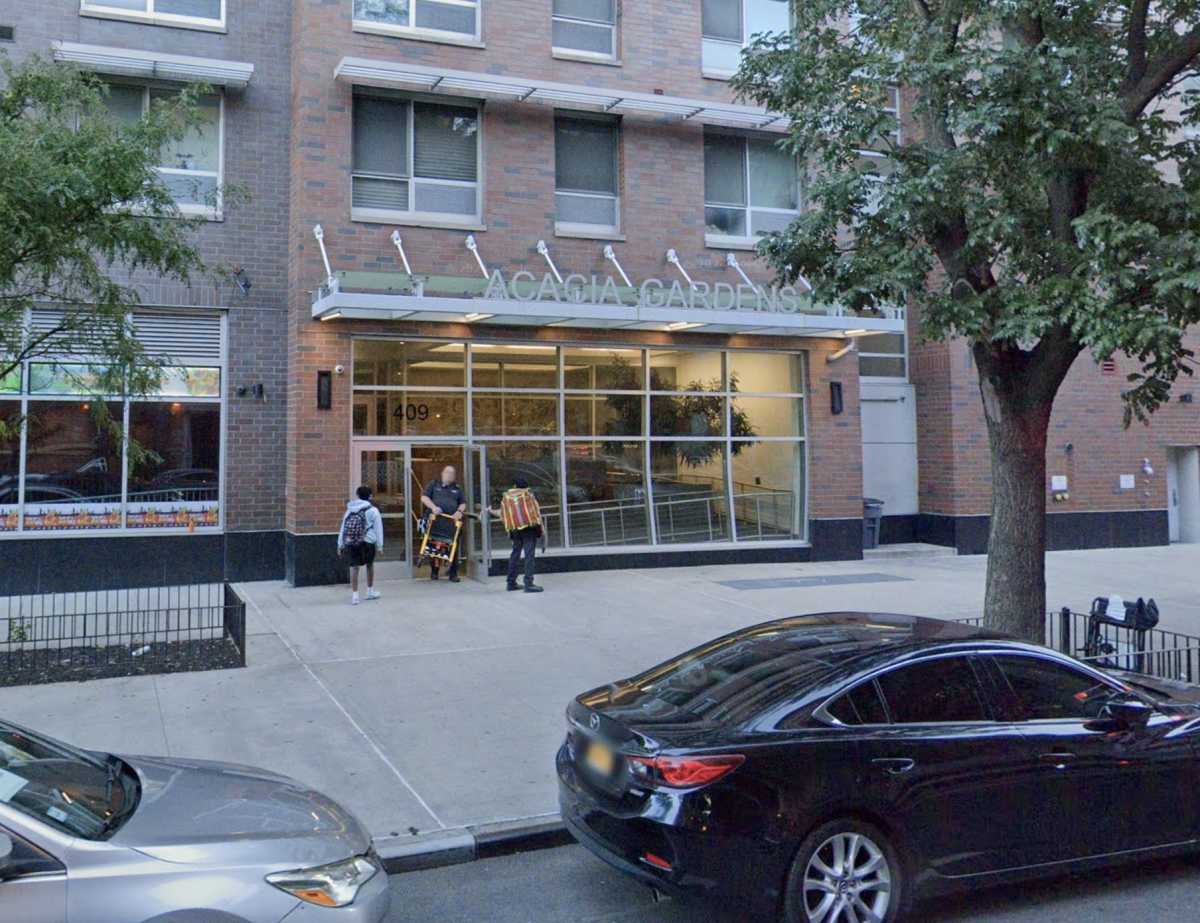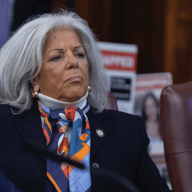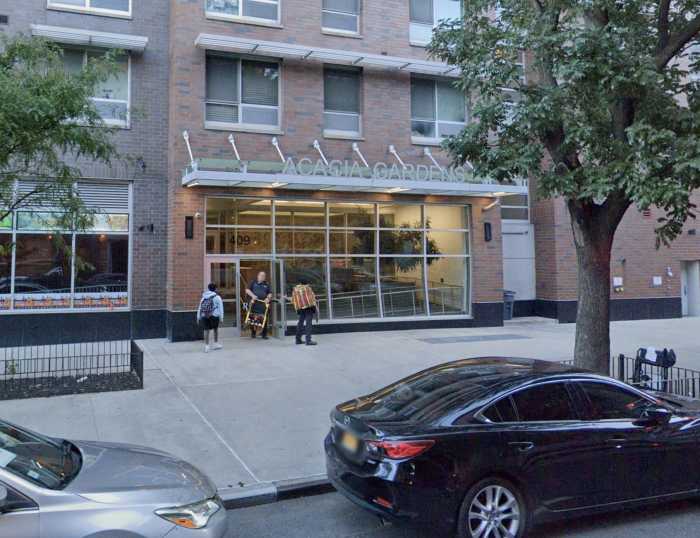ANDREW SANTIS
Mayor Michael Bloomberg is no more.
To New Yorkers who criticize and accuse Bloomberg for being ignorant and a tyrant, this is a relief. For others, like me, it is saddening to see the man responsible for today’s New York go.
Bloomberg entered City Hall at a very peculiar time, as it was only four months after the 9/11 attacks. In addition, he faced three consecutive years of budget gaps and an underperforming school system. And yet, he was still very optimistic about the city’s future. On his inauguration day, he said, “New York is safe, strong, open for business and ready to lead the world in the 21st century.”
He was right.
Under Bloomberg’s watch, New York City became the safest large city in the country. He and Police Commissioner Ray Kelly reduced crime by 35 percent.
Bloomberg also became a public opponent of guns, leading efforts to eliminate the sale and distribution of illegal guns in the city. Eight thousand guns are now off the streets of New York. Bloomberg has also devoted his efforts to making New York City’s counterterrorism programs the best in the world.
To stimulate the city’s economy, Bloomberg created the Five Borough Economic Opportunity Plan, which focuses on creating jobs for New Yorkers, implementing a long-term vision for growing the city’s economy and building affordable, attractive neighborhoods in every borough. As a result, areas in Coney Island were rezoned for housing and commercial use. In addition, the Lower East Side will generate more than 1 million square feet of housing, open space and shops, the West Side of Midtown Manhattan will see residential housing, office buildings and the extension of the 7 line (also a Bloomberg initiative) and Willets Point in Queens will add housing, retail, entertainment, public space and much more that will transform the area around Citi Field.
Among Bloomberg’s major accomplishments was making New York the healthiest city in the world. First he tackled smoking by signing the Smoke Free Air Act in 2003, making smoking in public places illegal; he raised taxes on cigarettes; started an anti-smoking campaign and recently succeeded at raising the cigarette buying age to 21. Youth smoking has decreased by 51 percent and adult smoking by one third.
Obesity followed. In 2006, trans fats were banned from restaurants. In 2008, calorie counts began appearing on menus and menu boards. In 2010, he unveiled a plan to reduce salt in packaged and restaurant food. Thanks to his efforts, the city now boasts an 80.6-year life expectancy.
Of course, Bloomberg has had his share of flops. One was appointing Cathie Black as Schools Chancellor, and another was being unprepared for the 2010 Christmas blizzard. And let’s not forget the flawed, over-priced, revamped 9-1-1 system.
However, this will not eclipse the good Bloomberg has done.
There are more parks, affordable health insurance for all New Yorkers, environmentally friendly hybrid taxis, a city-wide information and non-emergency service and an improved public school system.
One thing is for sure: Bloomberg is leaving behind an unparalleled legacy.
On his inauguration day, Bloomberg promised Rudy Giuliani he would not fail the people of New York.
He did not.
Mayor Bloomberg, thanks for all you have done. I will miss you.
Andrew Santis is a sophomore in the Gabelli School of Business at Fordham University.
RECOMMENDED STORIES
- De Blasio sworn in as 109th mayor of New York City
- What Queens pols hope to accomplish for their constituents in 2014
- Mayor Bloomberg’s official portrait unveiled

































